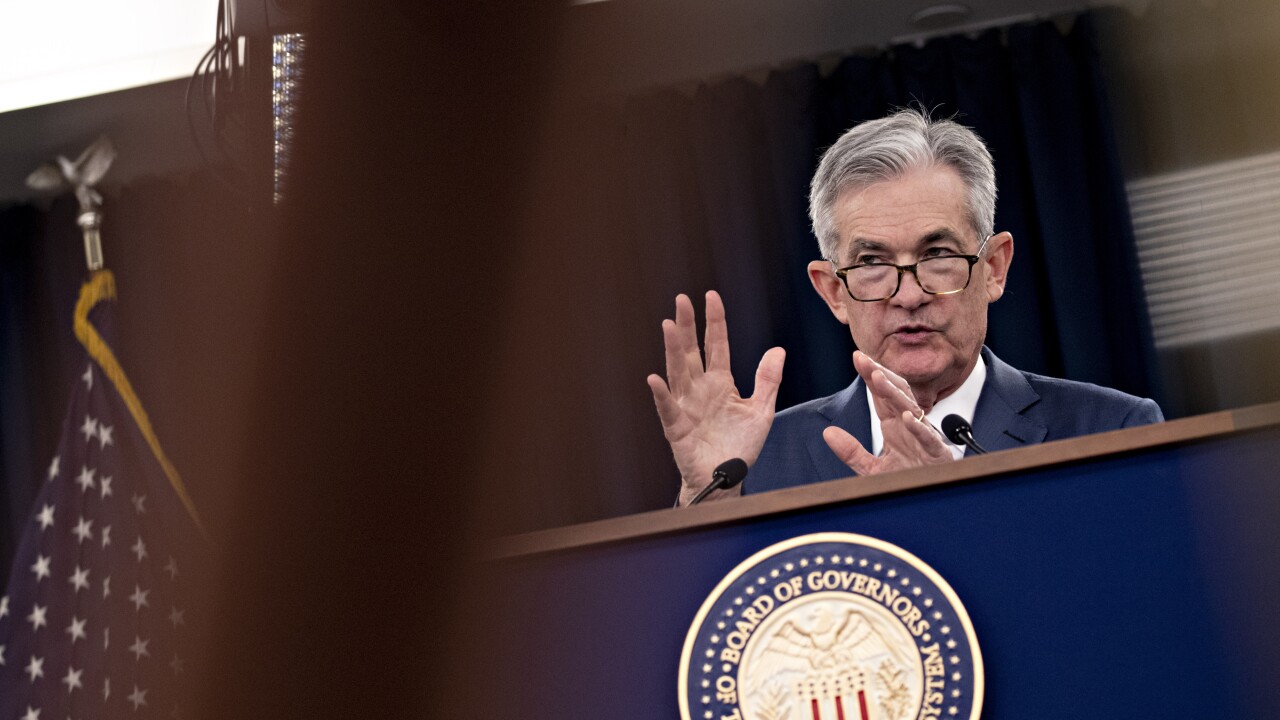Atlantic Union Bankshares is once again closing branches in a bid to cut down on costs.
The Richmond, Virginia, company said Friday that it will shutter 16 branches, or approximately 12% of its 130-branch network, by March 1. Fourteen of them are in Virginia, one is in Maryland, and one is in North Carolina.
The decision reflects the $19.9 billion-asset company’s less-than-rosy outlook on the economy.
“We continue to think it’s going to be a challenging macroeconomic environment given the pandemic and all of the liquidity in the system,” said Bill Cimino, Atlantic Union’s director of investor relations. “We don’t see any signs of that easing up, and so while there’s an expectation that interest rates are going to rise next year … we can’t assume that’s going to happen.”
Friday’s announcement marks the third round of branch reductions at Atlantic Union since the start of the pandemic. In the fall of 2020, the company
In February, it
In addition to branches, Atlantic Union will also close a back-office facility in Ruther Glen, Virginia, that houses loan operations, deposit services and customer service, Cimino said. Employees who are based at that office will shift to either a remote or hybrid working status, he said.
Meanwhile, about 80 employees who work at the affected branches will be offered open positions at other Atlantic Union branches, Cimino said. He said it is too early to say if there will be job losses because of the closures.
Combined, the branch and office shutdowns will cost about $18.1 million before taxes, with more than $12 million set to be realized in the fourth quarter, Atlantic Union said in a regulatory filing.
Starting in the second quarter of 2022, the closures are expected to save the company $8 million a year.
It’s been a busy December at Atlantic Union. Last week, it issued $250 million in fixed-to-floating subordinated notes to extinguish debt and for general corporate purposes, including possible acquisitions. The
On Friday, the board of directors authorized a share repurchase plan that allows the company to buy back up to $100 million of common shares. It is the second buyback program approved this year. The first one, which was announced in May, authorized up to $125 million in repurchases.





